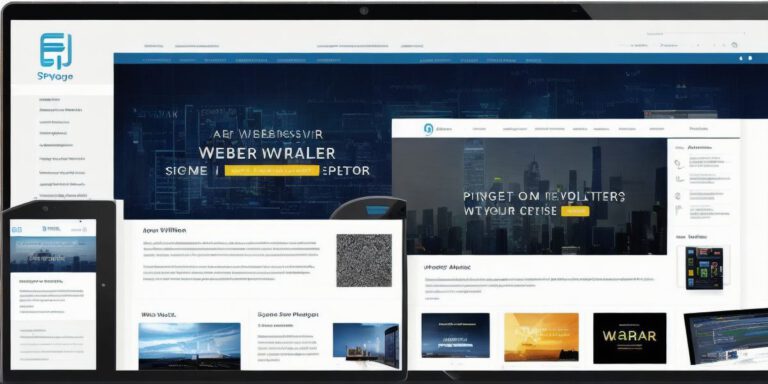Mastering Coding: Is it a Soft or Hard Skill?

Introduction:
Mastering coding has been a topic of debate among software developers for years. Some believe that coding is a hard skill, while others argue that it’s a soft skill. In this article, we will explore the pros and cons of both sides and help you determine whether mastering coding is a hard or soft skill.
Is Coding a Hard Skill?
Hard skills are technical abilities that can be learned in a classroom or through training programs. Examples of hard skills include proficiency in programming languages, database management, and system administration. Coding requires a high level of technical knowledge and attention to detail, making it a hard skill.
Coding also requires a significant amount of time and effort to master. Learning how to code can take years of practice and dedication. Additionally, coding is constantly evolving, with new technologies and programming languages emerging all the time. This means that software developers must continue to learn and adapt to keep up with the latest developments in their field.
Is Coding a Soft Skill?
Soft skills are personal attributes that help individuals interact with others and work effectively in a team environment. Examples of soft skills include communication, teamwork, and problem-solving. While coding does require some technical knowledge, it also involves working collaboratively with other developers, project managers, and stakeholders to create software solutions.
Coding also requires creativity and the ability to think outside the box. Developers must be able to come up with innovative solutions to complex problems and adapt their approach as needed to meet the needs of their clients or users. This makes coding a soft skill.
Case Studies:
One example of the role of hard and soft skills in coding is the development of an e-commerce platform. The technical aspects of building the platform, such as programming languages and database management, are hard skills. However, the ability to work effectively with a team, communicate clearly with clients, and manage project timelines and budgets are all soft skills.
Another example is the development of a mobile app. While coding the app itself requires technical knowledge and attention to detail, the ability to collaborate with designers and stakeholders, conduct user testing, and iterate on the app’s features based on feedback are all soft skills.
Expert Opinions:
According to Eric Raymond, a software engineer and author of "The Mythical Man-Month," coding is both a hard and soft skill. He argues that while technical knowledge is necessary for coding, it’s also essential to have strong interpersonal skills to work effectively with others in a team environment.
Similarly, Sheryl Sandberg, the COO of Facebook, believes that coding requires a combination of technical skills and soft skills such as communication and collaboration. She argues that developers who can communicate effectively with stakeholders and work well with others are more likely to succeed in their careers.
Real-Life Examples:
One real-life example of the role of hard and soft skills in coding is the development of Google Maps. The technical aspects of building the map, such as programming languages and database management, are hard skills. However, the ability to work effectively with a team, communicate clearly with stakeholders, and manage project timelines and budgets are all soft skills.
Another example is the development of open-source software projects like Linux. While coding requires technical knowledge and attention to detail, the ability to collaborate with other developers, contribute to a shared codebase, and resolve conflicts among team members are all soft skills.
FAQs:
Q: What is the difference between hard and soft skills?
A: Hard skills are technical abilities that can be learned in a classroom or through training programs, while soft skills are personal attributes that help individuals interact with others and work effectively in a team environment.
Q: Is coding a hard or soft skill?
A: Coding requires both technical knowledge (hard skill) and the ability to collaborate with others, communicate effectively, and work well in a team environment (soft skills).
Q: How do technical skills and soft skills complement each other in coding?
A: Technical skills provide the necessary knowledge and abilities to code effectively, while soft skills help individuals work effectively with others, communicate clearly, and manage project timelines and budgets.








